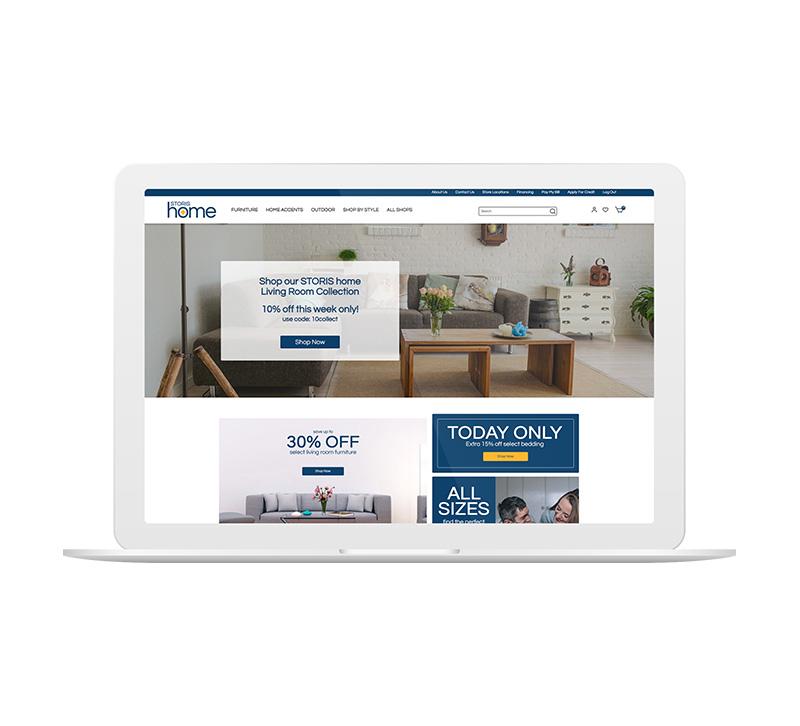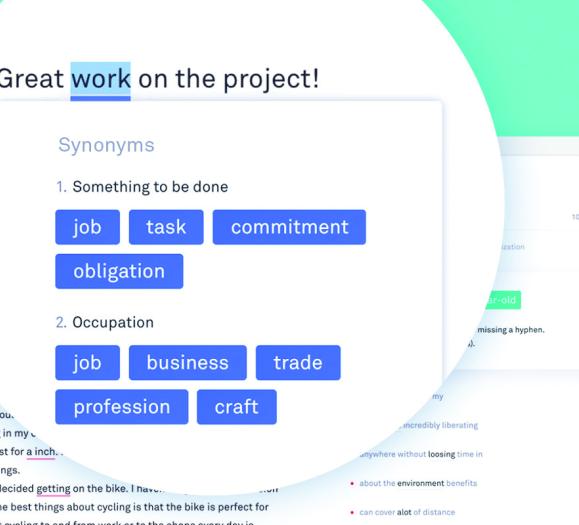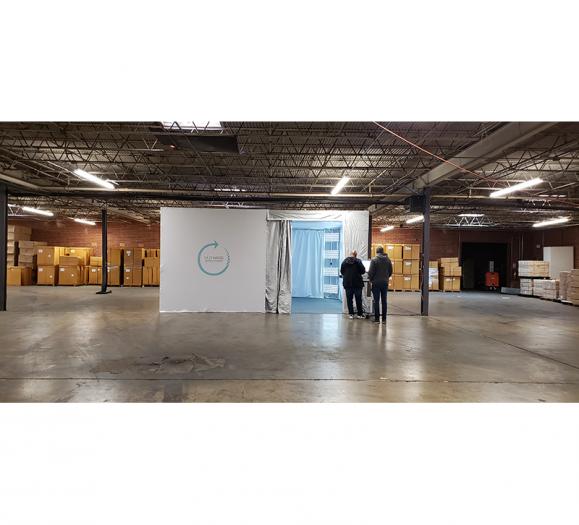STORIS has introduced new functionality to its eSTORIS integrated e-commerce platform across logistics, financed payment options and product imagery, designed to assist home furnishings retailers who are prioritizing e-commerce optimization, as this channel is expected to be a key driver of revenue in 2021, especially as the pandemic persists.
eSTORIS Product Manager Pete Dressler shares the team’s enthusiasm for the enhancements: “Many of our e-commerce partners’ biggest wish list items are available for the start of 2021. We are giving clients timely new features to help surpass their web sales goals in the new year. We are proud to consistently deliver new tools to support the continuous growth of online eCommerce sales in the home furnishings industry.”
The first enhancement enables the customer to self-schedule their delivery during checkout. If the retailer chooses to enable this functionality, the delivery date will automatically default to the first that is available. The logic is powered by the retailer’s Logistical Scheduling Calendar and accounts for factors including route capacities and truck schedules. Further, if retailers are using Available to Promise data, the delivery date will account for real-time product availability. If the customer wants to adjust the delivery date, a new calendar tool allows them to select from another available date. Delivery dates that are not available will not be presented to ensure expectations can be met.
Another valuable update is that eSTORIS can now accept in-house revolving credit plans during the online checkout process. A customer’s line of revolving credit will now be available in the e-commerce checkout process as an option to tender payment. Down payments are often required for orders using revolving credit with promotional financing rates. Online customers can use multiple payment types on a single order, such as using a credit card for their down payment and their revolving plan for the balance of the order.
A related enhancement provides retailers that offer promotional financing plans as well as promotional discount codes to restrict the use of two promotions simultaneously. By limiting the combination of these two discount types, retailers can preserve margin on e-commerce sales.
Next, the Online Bill Pay (OBP) Portal of eSTORIS has been enhanced. The Online Bill Pay Portal is a valuable tool for the customer to self-service when making online payments on their financing balances. A customer’s email address is the typical data point that creates a unified profile for the multi-channel consumer. However, retailers may have existing in-store financing customers that did not provide an email address. With this enhancement, a collections agent can now search for an existing in-store customer on the eSTORIS Platform using their license or social security number. If that customer did shop online, the collector can link the customer’s web record to the store record. The goal is for all financing customers to access the Online Bill Pay Portal for future payments and have a holistic view of their finances.
“Product Image URLs” is another valuable feature. It makes it efficient for retailers to integrate their Content Delivery Network (CDN) across STORIS’ Unified Commerce Solution. This enhancement enables STORIS’ ERP, eCommerce Platform, Kiosk, CXM and Forms Designer to use product image URLs to display images. Many retailers have organized cloud media libraries in their CDNs. They can now use STORIS’ expedient image import process to associate multiple image URLs to products. The images will load directly via the retailer’s CDN to optimize website performance. Dressler comments, “this change helps clients get their images online even faster, reduces hard-drive utilization on the web server, and significantly speeds up any website that chooses to use this option.”
Another enhancement uses Geo Location data to inform customers of showroom locations nearest them where the product is “On Display.” The website now uses the logic previously associated with a customer’s location data to automatically present this information.
And finally, new functionality on the checkout confirmation page of an eSTORIS order enables retailers to add custom scripting. In addition to the default summary and manage order information already presented, retailers can use front-facing HTML to customize the user experience. The eSTORIS team looks forward to all the unique ways retailers will present additional details to their customers.







